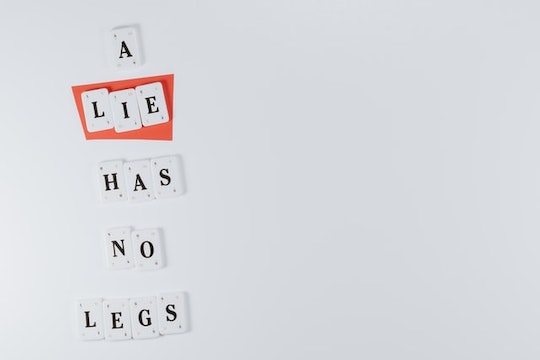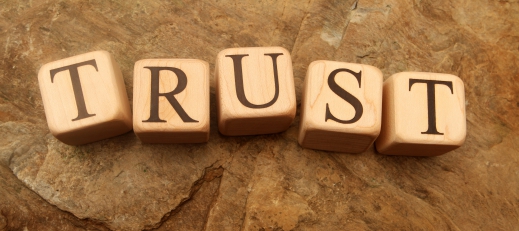“Truth does not mind being questioned. A lie does not like being challenged.”
—Author Unknown
Today’s quote is often attributed to Fredrick Nietzsche, although there is no definitive source confirming this.
It emphasizes the idea that genuine truths can withstand scrutiny, while falsehoods tend to resist examination.
Nietzsche’s philosophy, however, significantly influenced modern thinking on truth and lies by challenging traditional notions of objective truth.
He proposed that truth is not an absolute entity but a construct shaped by human perspectives and interpretations driven by the “will to power.”
EXERCISE:
How do you sort through the truths and lies being spread so widely these days?
How do these messages pass your scrutiny and your endeavors to make important decisions in your life?





